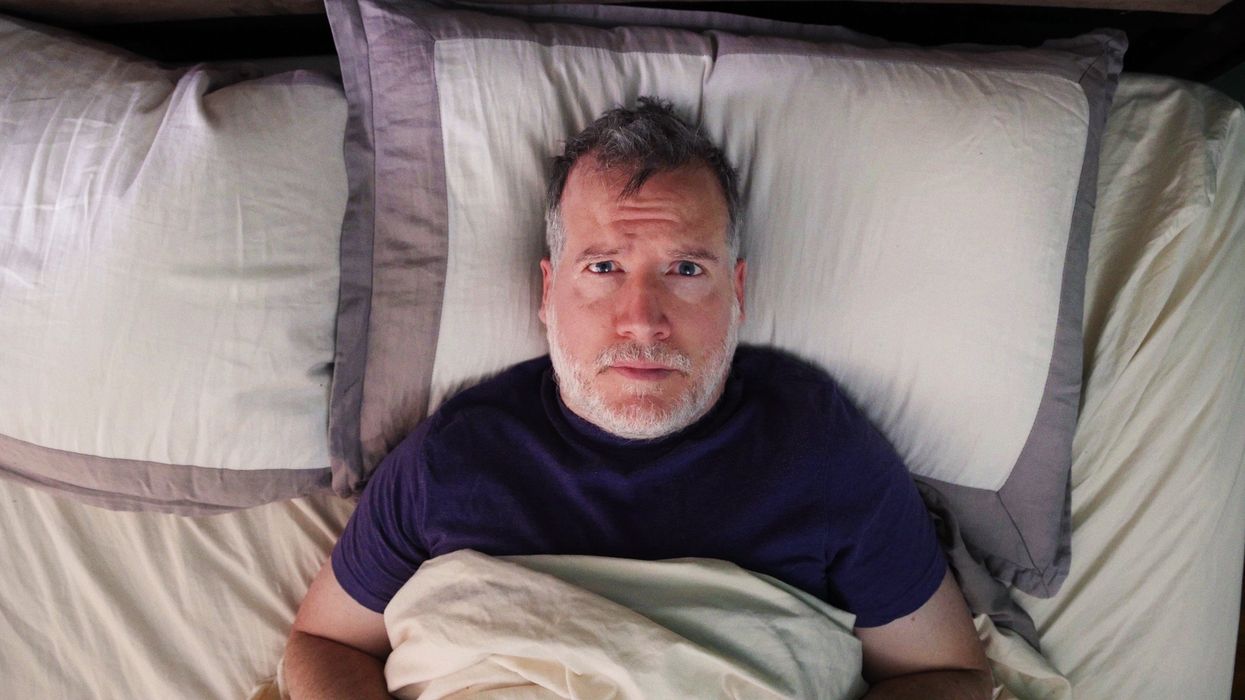Lack of sleep doesn't just lead to a feeling of discomfort; it also exerts an impact on the brain, a study has revealed. Prolonged sleep deprivation escalates the likelihood of developing neurological conditions like Alzheimer's disease.
Scientists are presently involved in endeavours to uncover the mechanisms responsible for this damage associated with sleep deprivation.
In a recent study published in the Journal of Proteome Research by the American Chemical Society, a team of scientists, employing mice as subjects, identified a protective protein whose levels decline in response to sleep deprivation, leading to neuronal death.
Research findings suggest that insufficient sleep can result in neurological damage within the hippocampus, a region of the brain crucial for learning and memory processes.
To gain a deeper comprehension of the alterations contributing to this phenomenon, scientists have initiated investigations into fluctuations in the levels of proteins and RNA, which carries genetically encoded instructions derived from DNA.
Previous studies have identified certain factors that connect sleep deprivation to brain damage. However, there has not been widespread confirmation of their role in cognitive function across larger animal populations.
Hence, Fuyi Xu, Jia Mi, and their team embarked on a mission to delve deeper into the effects of sleep loss on the brain and substantiate their discoveries.
To initiate their investigation, the researchers assessed the cognitive performance of mice subjected to a two-day period of sleep deprivation. They measured the mice's ability to navigate a basic maze and their capacity to learn and recognize new objects.
They then extracted the proteins in the animals’ hippocampi and identified those whose abundance changed. Then, to further narrow the possibilities, they looked at data linking these proteins to maze performance in related strains of mice that had not experienced sleep deprivation.
This approach led the researchers to pleiotrophin (PTN), which declined in the sleep-deprived mice.
Through an analysis of RNA, the team identified the molecular pathway by which a loss of PTN causes cells in the hippocampus to die. When they looked at genetic studies in humans, they found that PTN is implicated in Alzheimer’s and other neurodegenerative diseases.
This research has uncovered a new mechanism by which sleep protects brain function, according to the researchers, who also note that PTN levels could serve as an indicator of cognitive impairment resulting from insomnia.
(ANI)




